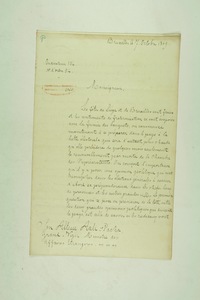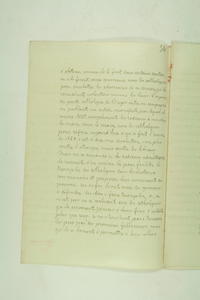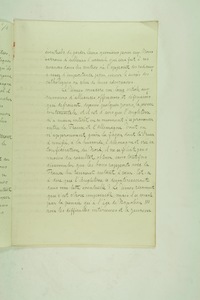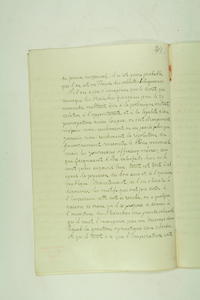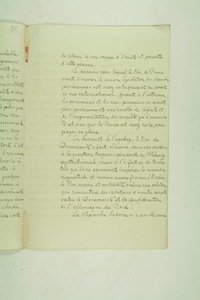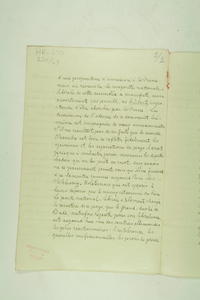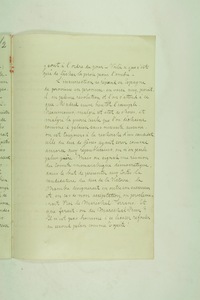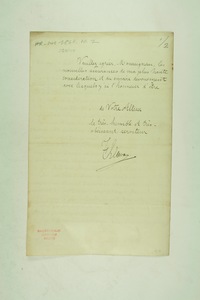Ottoman Diplomats
Letters from the Imperial Legation in Brussels (1849–1914)
Synopsis
Belgium prepares itself for an electoral battle. Glavany wonders if the radicals would join the Catholics against the liberals, while this would not be so interesting as they have their own opinions to defend. Glavany estimates that the decision of these radicals could make a difference, and determine whether the Catholics or the liberals would win in certain districts. The Times reported about the rumours in the continental press about offensive and defensive alliances, and expressed that England was not interested in interfering between France and Germany. It did not believe that France had belligerent intentions, as the Emperor Napoleon III was still young and France had to cope with internal issues. The late date Napoleon III had fixed for the official start of the new legislative year was criticized. In Prussia, the speech of the Prussian King at the start of the new legislative year was satisfying from an international point of view. The (neo-)Prussians, however, were not glad with the new taxes, while the Prussian government was still rich enough to afford its glory. Glavany also refers to the speech of the King of Denmark, wanting to reinforce its relations with Germany. The national-liberal party of Baden openly expressed their burning impatience to be absorbed by Prussia. Glavany remarks the change in the politics of Baden, caused by the national-liberal party. Glavany regrets that, once a very liberal region, Baden was now one of Germany’s most reactionary regions, marked by intolerance and disputes. In Spain, the rebellion expanded. Meanwhile, the country was still in search for a candidate for the throne. The Duke of Genoa was the republican’s candidate, whereas the monarchist-democratic committee was expected to present the Duke of Victoria as a candidate. In case of disagreement, the Chamber would choose marshal Serrano. But what about marshal Prim, Glavany wonders.
Facsimiles
How to cite
If you use this website for your own research, we kindly ask you to mention the following reference in your publications:
Consulted online at Ottoman Diplomats: Letters From the Imperial Legation in Brussels (1849–1914) (2014 Edition), Centre for Political History (PoHis), University of Antwerp, <http://dighum.uantwerpen.be/ottomandiplomats/>.
